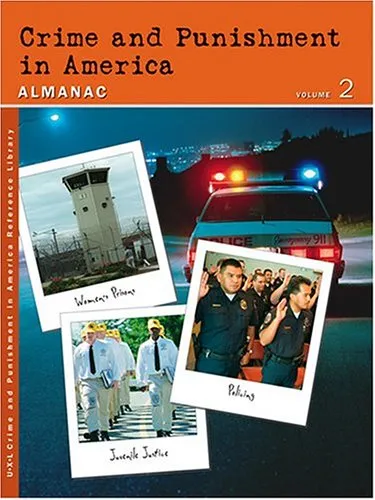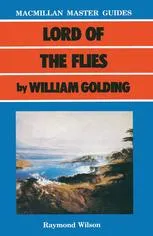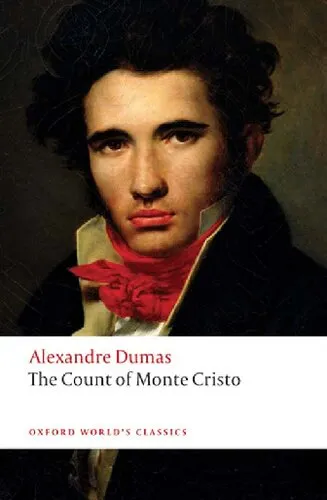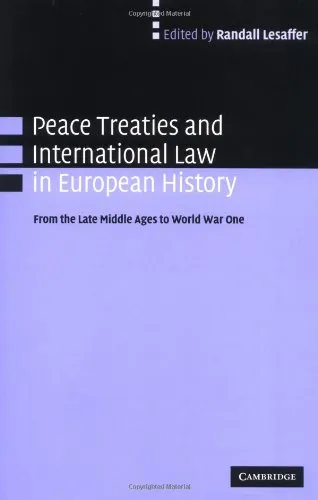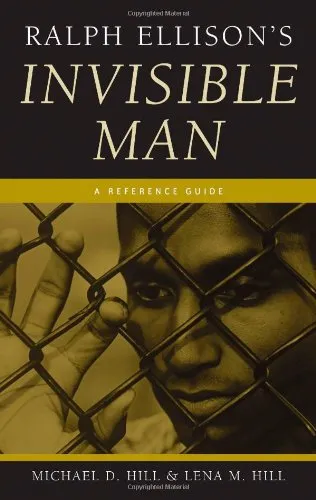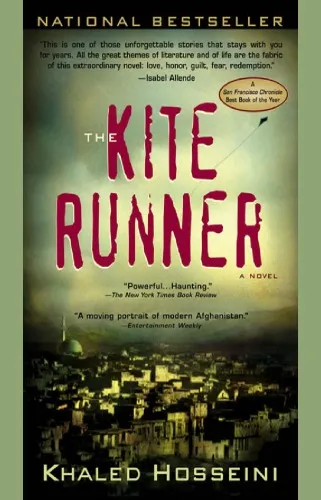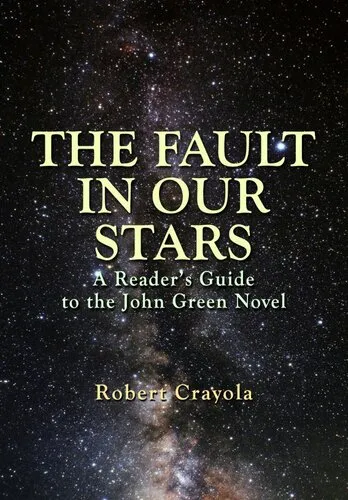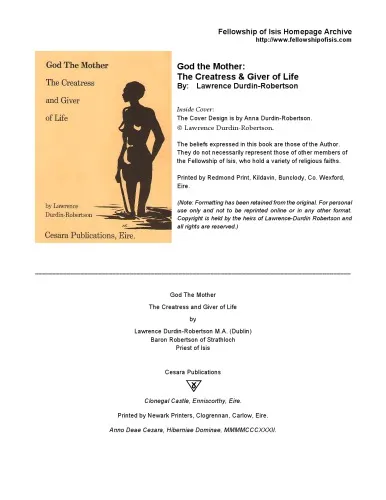Golding's the Lord of the Flies
3.7
Reviews from our users

You Can Ask your questions from this book's AI after Login
Each download or ask from book AI costs 2 points. To earn more free points, please visit the Points Guide Page and complete some valuable actions.Related Refrences:
Introduction to Golding's "The Lord of the Flies"
William Golding's "The Lord of the Flies" is a profound novel that explores the dark intricacies of human nature against the backdrop of an uninhabited island. First published in 1954, this compelling narrative continues to captivate readers with its deep psychological underpinnings and its unflinching examination of the primal instincts lurking within us all. This introduction provides a detailed overview of the novel, key takeaways, its famous quotes, and the significance of this literary masterpiece.
Detailed Summary of the Book
"The Lord of the Flies" begins with a plane crash that leaves a group of young British boys stranded on a deserted island. Left without adult supervision, the boys initially relish their freedom, attempting to establish a semblance of order led by Ralph, who is elected as their leader, and Piggy, who represents intellect and reason. The novel's central conflict arises with the emergence of Jack Merridew, who challenges Ralph's leadership, leading to a schism between the boys.
As the narrative unfolds, the veneer of civilization dissolves, revealing the boys' descent into savagery. The once-democratic society spirals into chaos as fear of an imagined "beast" takes hold. The iconic conch shell, symbolizing law and order, loses its power, mirroring the boys' fall into barbarism. The pivotal moment occurs with the brutal slaying of Piggy and the shattering of the conch, signifying the complete collapse of social order.
Golding masterfully delves into the psychological transformation of the boys, particularly Simon and Ralph, who grapple with internal and external conflicts. The novel culminates in a poignant climax where the boys' inherent savagery is starkly revealed, leaving readers to ponder the intricate dance between civilization and primal instincts.
Key Takeaways
- The Fragility of Civilization: Golding emphasizes how quickly social norms and moral values can disintegrate in the absence of recognized authority.
- The Duality of Human Nature: The novel explores the conflict between the civilizing forces within humanity and our deeper, more primal instincts.
- The Power of Fear: Fear is portrayed as a potent motivator, leading to irrational behavior and the deterioration of community bonds.
- Loss of Innocence: The boys' descent into savagery symbolizes the loss of innocence and the harsh realities of human nature.
Famous Quotes from the Book
"We’ve got to make smoke up there—or die."
"The thing is - fear can’t hurt you any more than a dream."
"The greatest ideas are the simplest."
Why This Book Matters
William Golding's "The Lord of the Flies" matters as a timeless reflection on the human condition. The novel's enduring relevance is rooted in its incisive exploration of societal structures and individual psychology. It challenges readers to confront uncomfortable truths about human nature, prompting introspection and discourse across generations.
Through its exploration of the dichotomy between civilization and savagery, "The Lord of the Flies" provides a cautionary tale about the perils of unchecked power and the fragility of social order. Golding's insightful portrayal of the boys' transformation serves as a poignant reminder of the underlying darkness within humanity, urging society to vigilantly safeguard its moral compass.
Free Direct Download
You Can Download this book after Login
Accessing books through legal platforms and public libraries not only supports the rights of authors and publishers but also contributes to the sustainability of reading culture. Before downloading, please take a moment to consider these options.
Find this book on other platforms:
WorldCat helps you find books in libraries worldwide.
See ratings, reviews, and discussions on Goodreads.
Find and buy rare or used books on AbeBooks.
1500
بازدید3.7
امتیاز0
نظر98%
رضایتReviews:
3.7
Based on 0 users review
Questions & Answers
Ask questions about this book or help others by answering
No questions yet. Be the first to ask!

